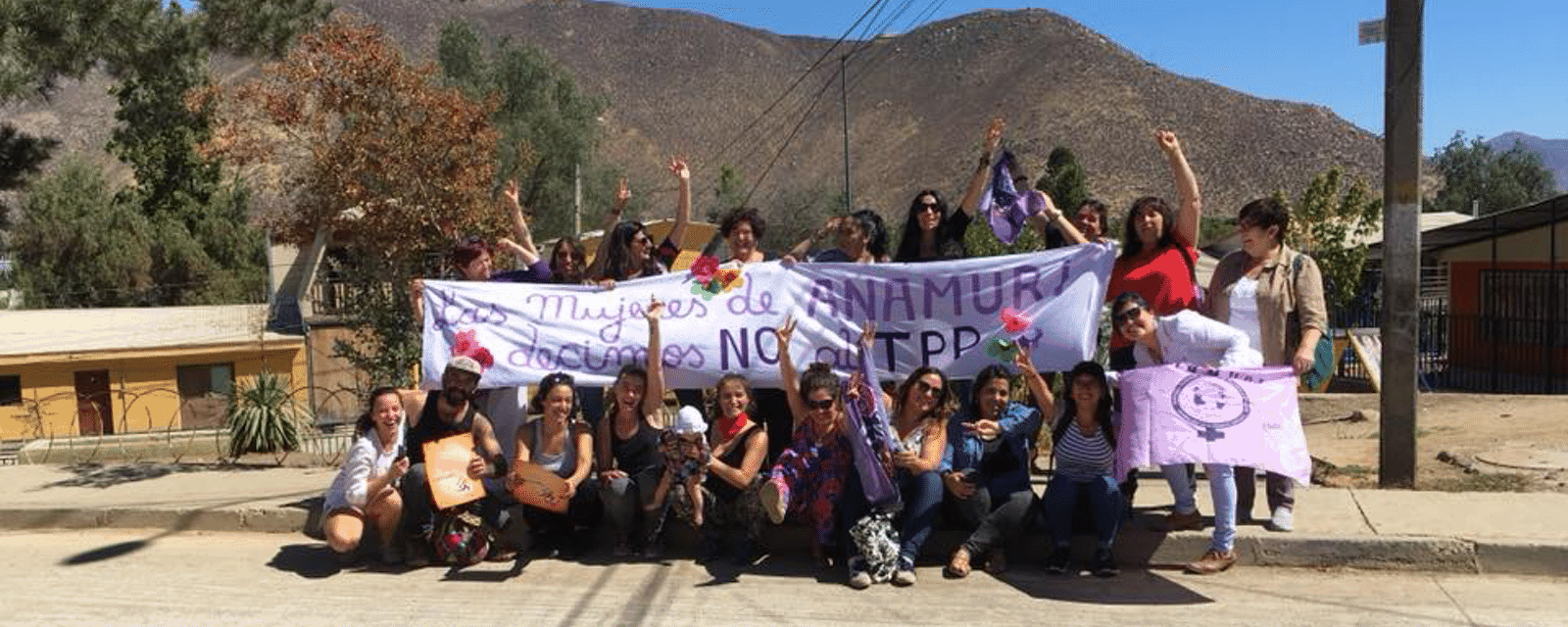Planting Hope: National Campesina a Campesina Exchange

HOST ORGANIZATION
National Association of Rural and Indigenous Women (ANAMURI)
LOCATION
Chile
AMOUNT
$10,000
OBJECTIVE
Bring together networks of peasant and indigenous women's organizations so that agroecology is promoted and disseminated, recovering peasant practices and knowledge to strengthen the values and principles of food sovereignty, which allows them to influence the development of policies that consider cultural relevance, social, and political rights of rural women and indigenous peoples.
REACH
55+ women
ABOUT THE TRAINING
The national "Campesina a Campesina" exchange Planting Hope will bring together rural and indigenous women graduates of the National School of Agroecology in a dialogue to strengthen capacity to support agroecology and food sovereignty from a gender and feminist perspective in Chile and Latin America. This exchange will build off years of training the National Association of Rural and Indigenous Women (ANAMURI) has done in Chile to train rural and indigenous farmers in agroecological techniques.
WHY THIS TRAINING?
Peasant and indigenous women have traditionally been denied the right to education in Latin America. This has limited the development of their awareness of their culture and peasant identity. At the same time, the role of women as subjects of social transformation in the struggle for the rights of women are excluded and exploited in the countryside. Meanwhile, the interests of national and transnational companies have resulted in land grabs, in the installation of agro-industry and forest plantations at the expense of the peasant sector, the earth, water and biodiversity. The regions affected have gone through tremendous economic and cultural changes, as the peasant and indigenous practices linked to agroecology have disappeared, reducing the the opportunity for alternative food production to the agribusiness model. There is an opportunity for ANAMURI to play a role in strengthening networks of rural and indigenous women to revive agroecology in rural culture.